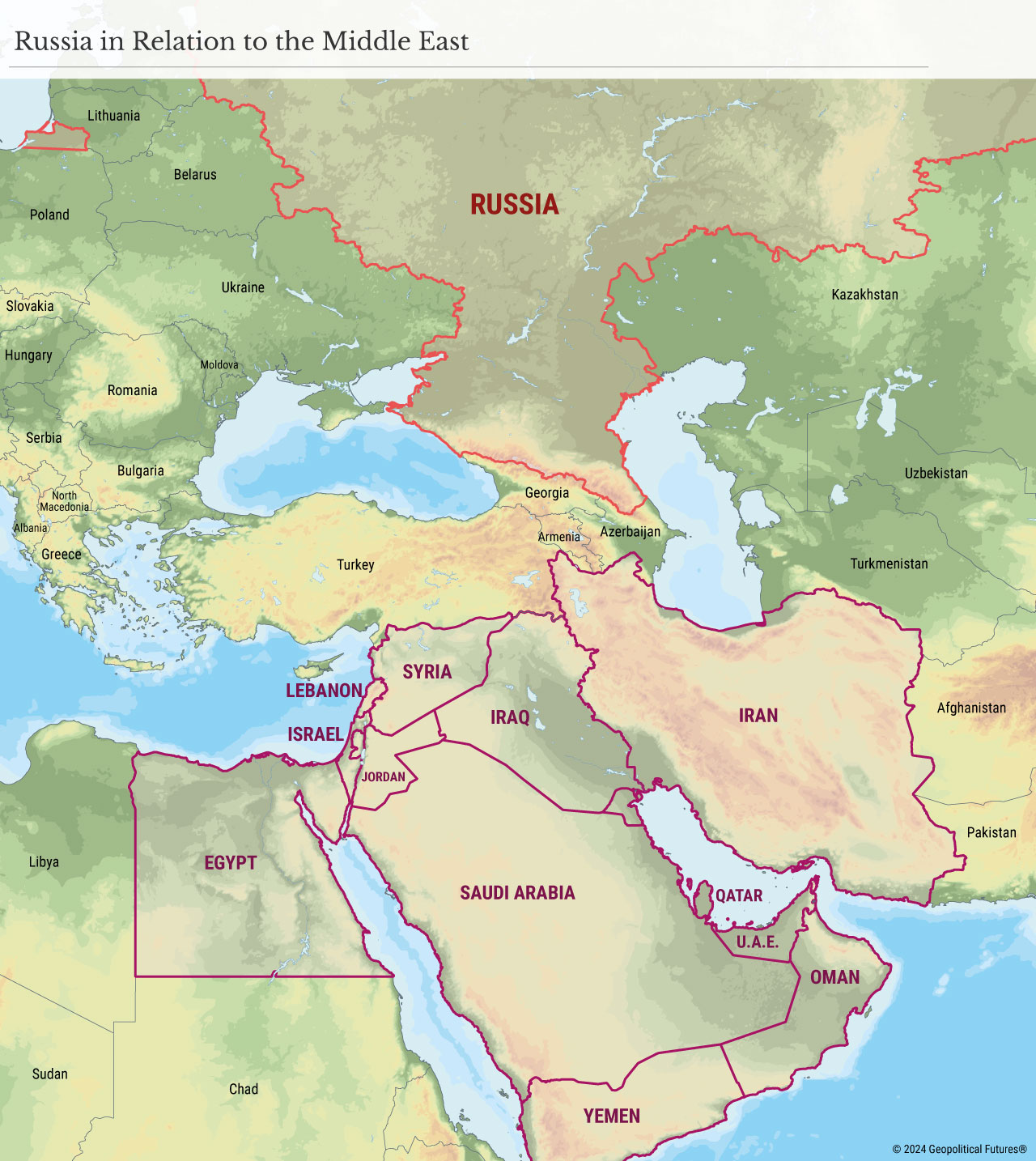
Iran and War
George Friedman
We tend to view unrest as an internal event, usually contained in a given nation or region. But sometimes there are cases in which unrest spreads through fear or greed beyond a nation’s terminus, thereby changing the region and even the world beyond. Such is the case in the Middle East.
The process goes something like this: Internal unrest in a country creates fear in another country that the unrest will spread there. The fear then is that the unrest will generate military action in the other country. Both nations may adopt a defensive posture or be frightened enough to act aggressively. Fear and hope are the foundation and engine of war. Unrest is the generator.
It is commonly said that war is unlikely in this region because its nations are weak. Strength and weakness are relative, and these nations should be compared not to the United States but to each other. How strong one nation is relative to the other determines the outcome. Terrain and geography are constants, but fear has a remarkable historical ability to overcome them and does not make war impossible. Wars are the most possible human thing.
Iran, which lies in the middle of the Middle East, is a country at distant war with the United States and Israel. Iran has the largest army in the Middle East, a substantial armored force and what appears to be a significant missile arsenal. It has been argued that it doesn’t have the ability to move its armored forces into combat because of the surrounding terrain, the distance to its enemies and its inability to supply fuel to the battlefield. (I am skeptical; Iran is a major oil producer and I expect it has enough refining capabilities to deliver fuel where it needs to go.) In looking at Iran’s terrain and road access with neighboring states, I think the obvious conclusion is that Iran does, in fact, have the ability to project power in the region and strike with missiles effectively. At a minimum, planners must assume that Iran’s military can operate at distance. Its strategic position may allow it to strike in multiple directions, including northward to Russia, and face a possible Russian move south.
The risk of a major war in the heart of the Middle East, a critical and strategic region, is not trivial, nor is the prospect of Iran starting a war at distance. The ability of the United States to quickly deploy a blocking force to defend, say, Saudi Arabia is dubious and thus creates a dangerous situation. The U.S. has a vital interest in maintaining a stable world, so leaving some countries to the mercy of others would create long-term pain, even if in the short term it wouldn’t.
Thursday, November 14, 2024
Can Iran Goes To War ?
Subscribe to:
Post Comments (Atom)




No comments:
Post a Comment
Note: Only a member of this blog may post a comment.